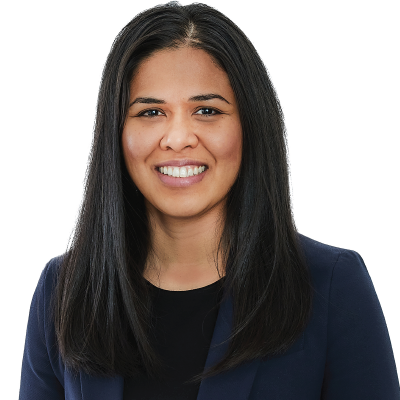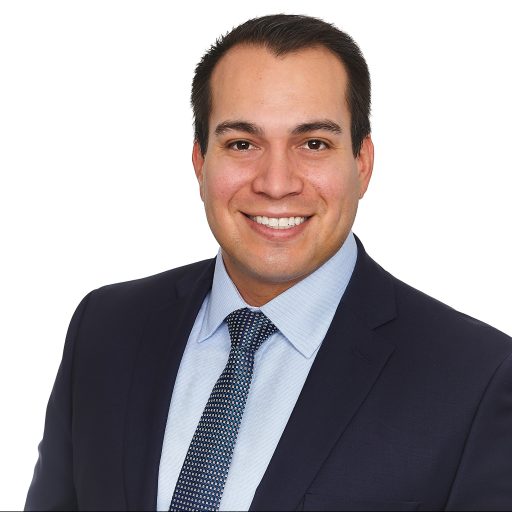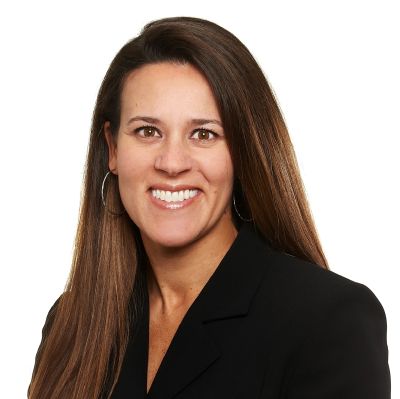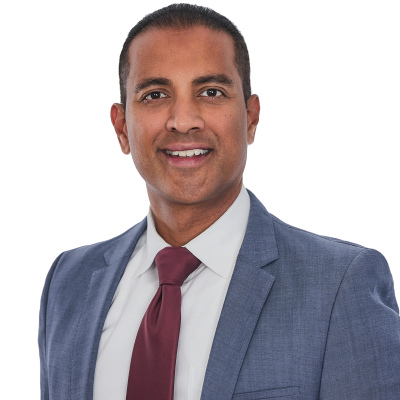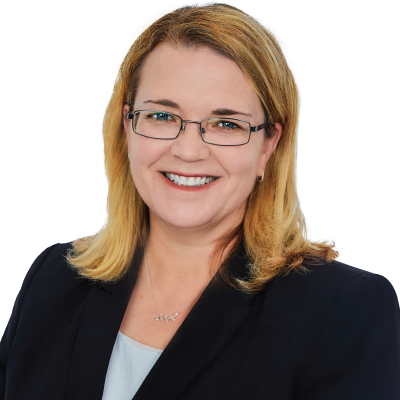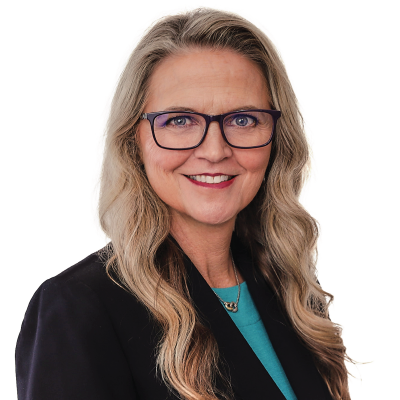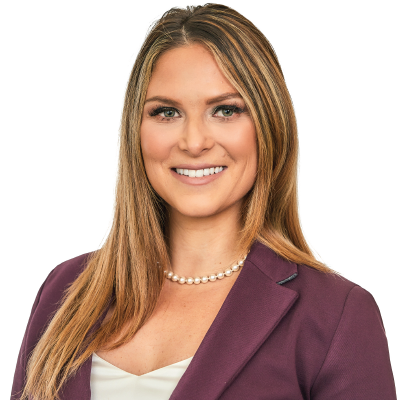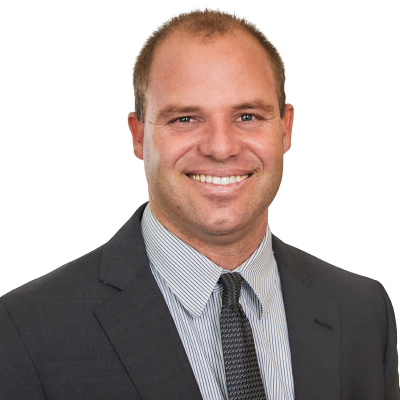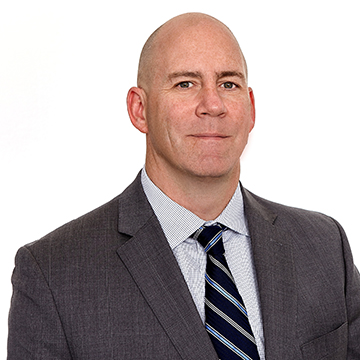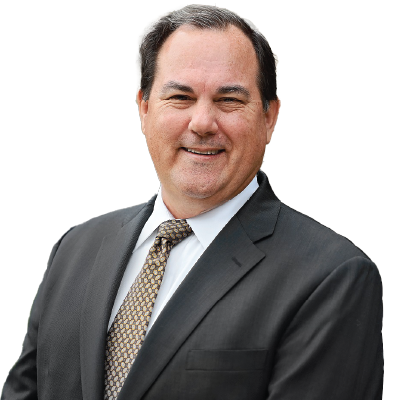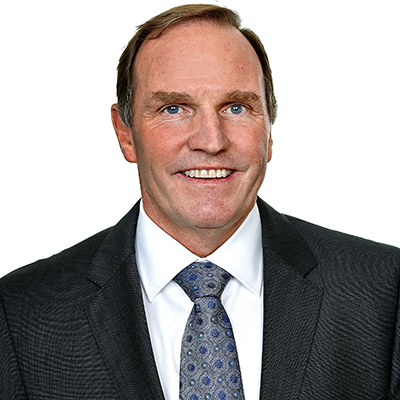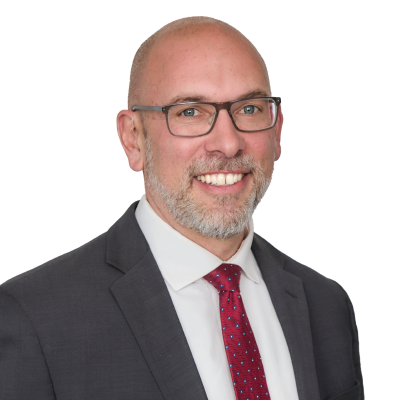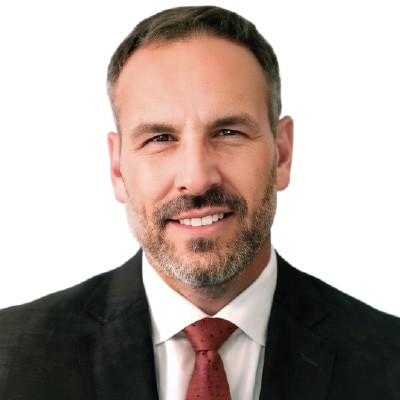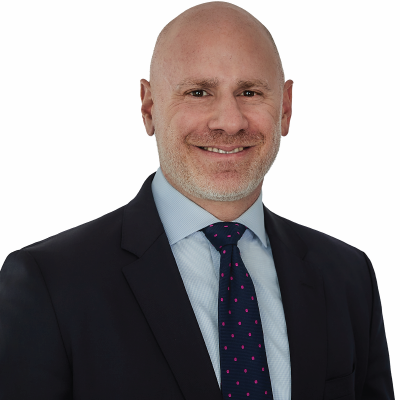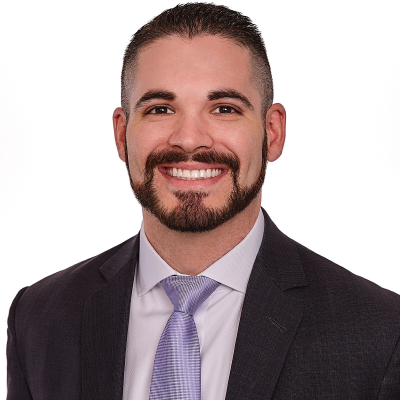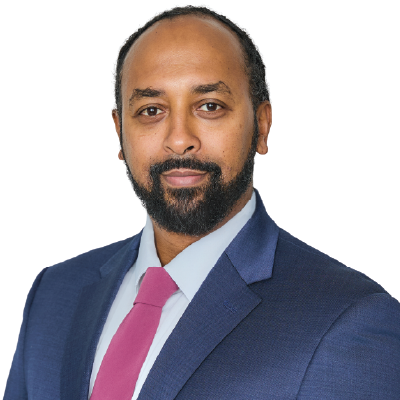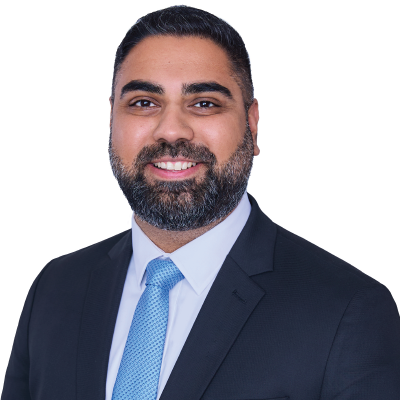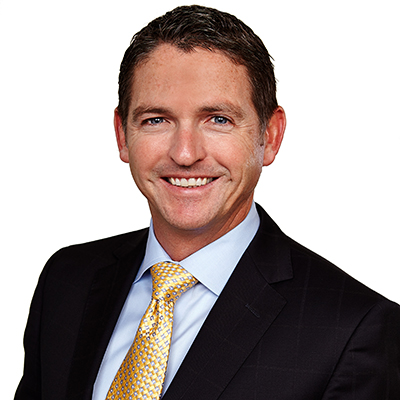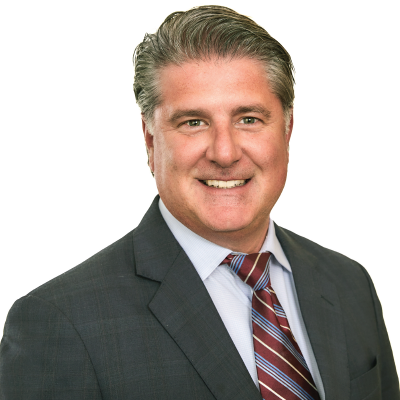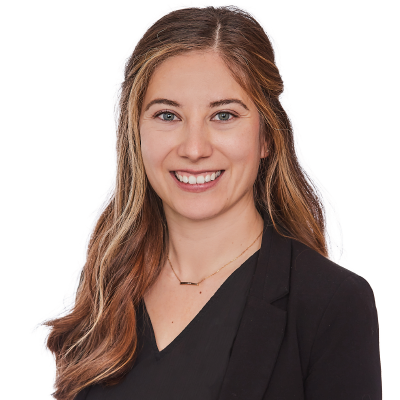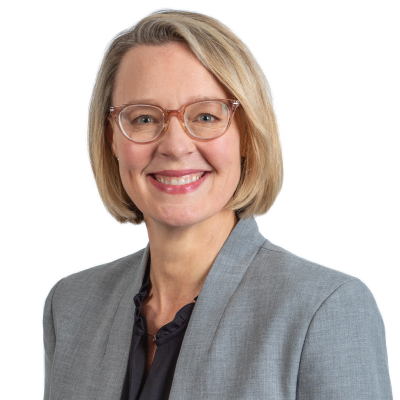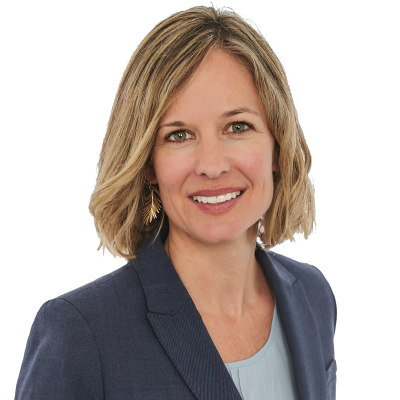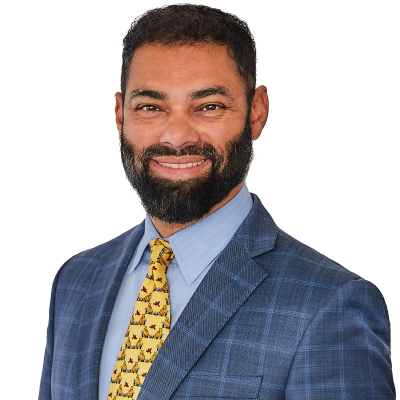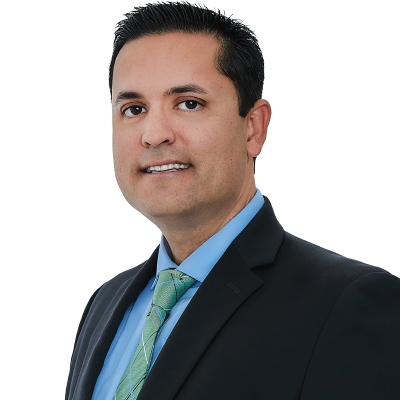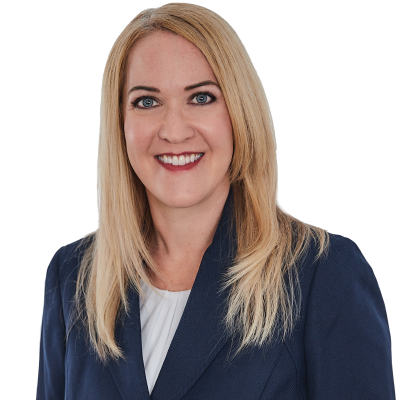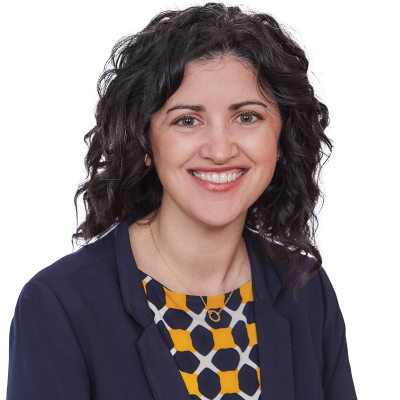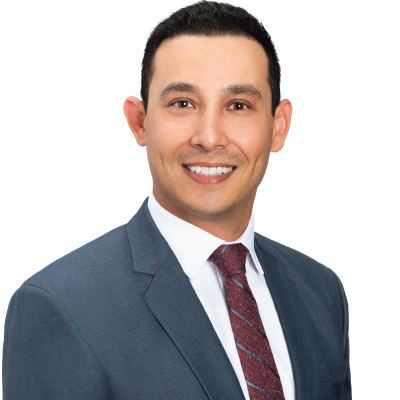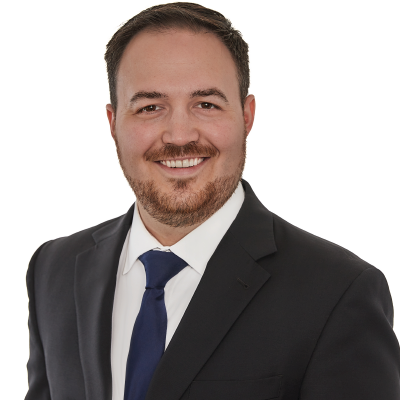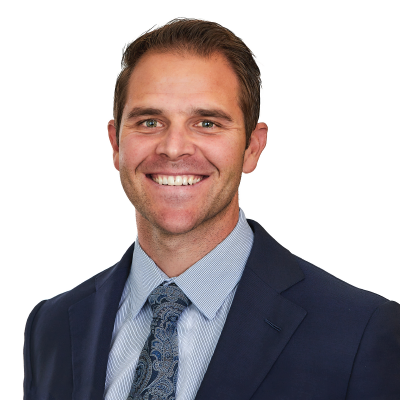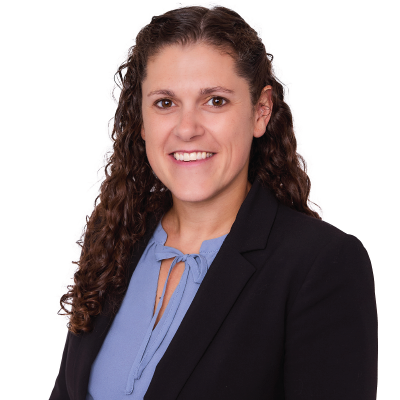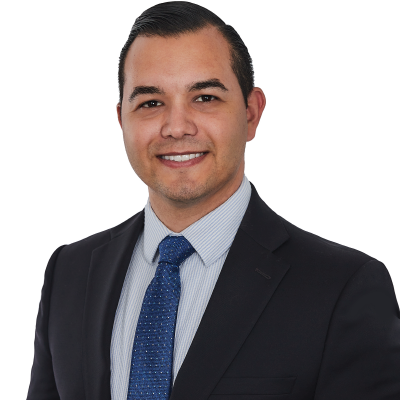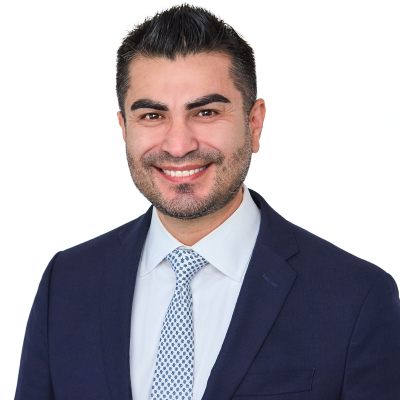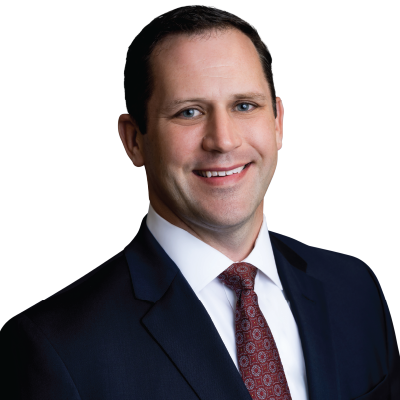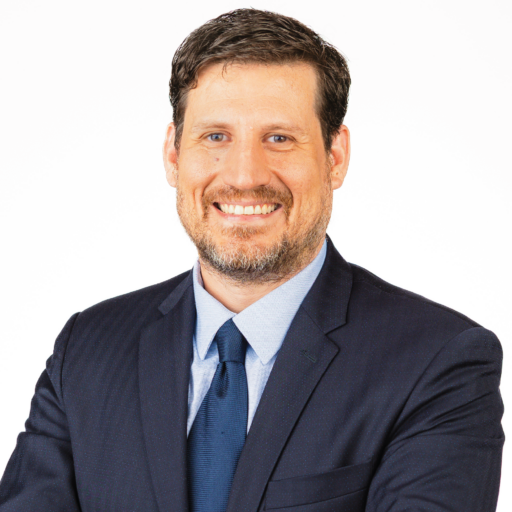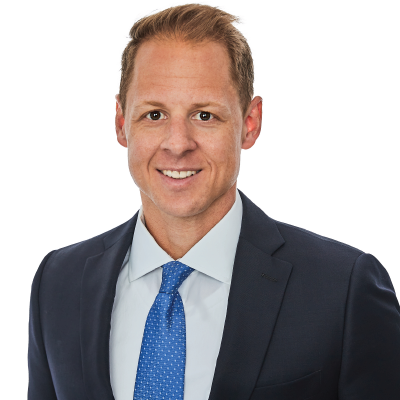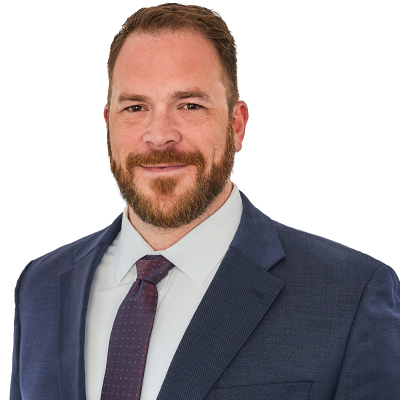Our Team
Handpicked, qualified, and credentialed professionals helping you achieve your financial goals.
FILTER BY DEPARTMENT
FILTER BY LOCATION

Jonathan Albarran
Client Services Manager

Bryan Alvarez
Client Services Specialist

Hilary Bates
Client Services Lead

Eric Borkiewicz
Accounting Manager

Betsy Brock
Client Services Support

Kenneth Burzo
Financial Planning Administrative Support
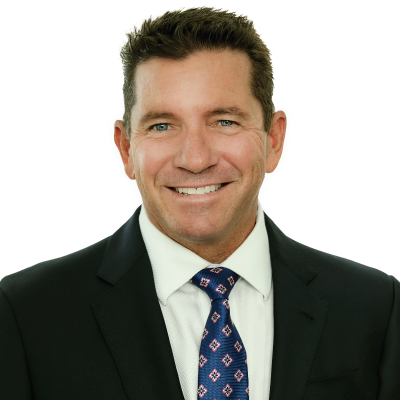
Brian Busta
New Business Development
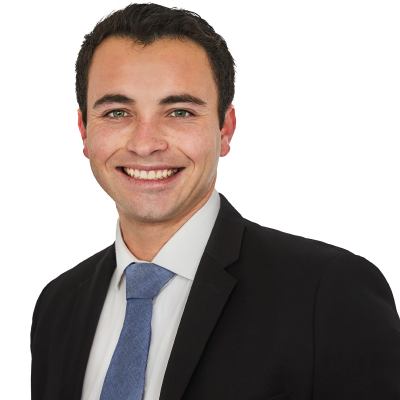
David Camp
Client Services Support

Dustin Carr
Senior Client Services Specialist
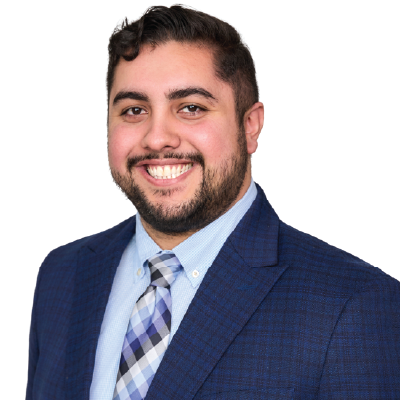
Josiah Chamblin-Torres
Client Services Specialist
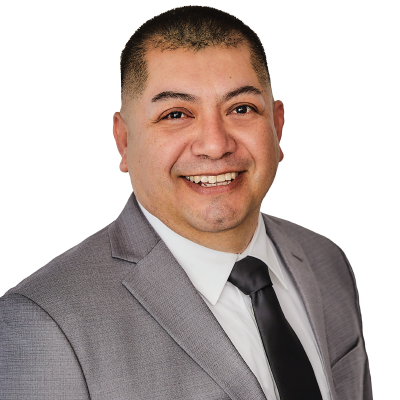
Carlos Chavarin
Information Technology Support Specialist

Dave Clark
Marketing & New Business Development

John Corcoran
New Business Development

Jennifer Cota
Senior Client Relations Specialist

Paulene De Mesa Gomez
Marketing Specialist

Eric Diep
Network Administrator

Dennis Do
Billing and Data Analyst

Andrew Dougherty
Client Services

David Dupont
Client Services Manager
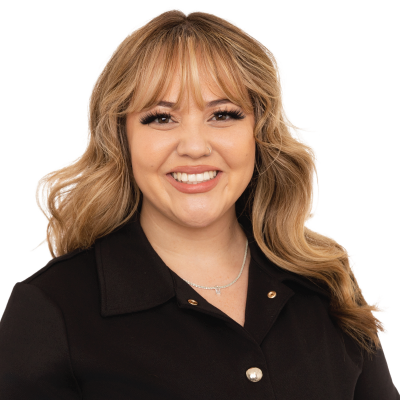
Alyssa Eleogo
Client Relations Specialist
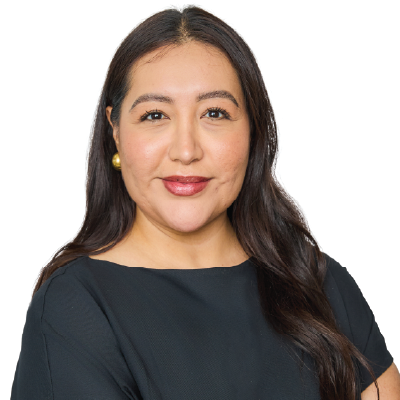
Aracely Enriquez
Senior Client Services Specialist

Emma Erickson
Senior Analyst

Zack Fichter
Corporate Development Associate
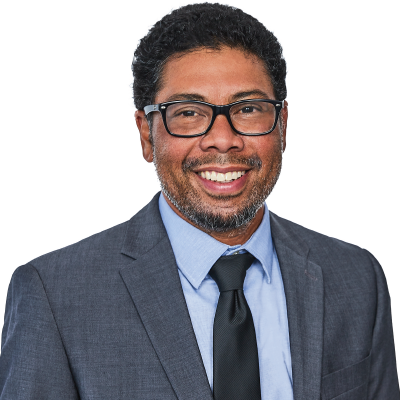
Hoku Flores
New Business Development
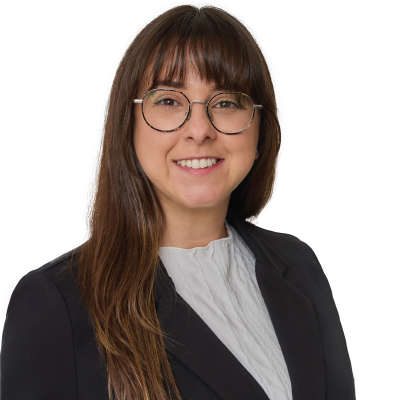
Heather Ford
Senior Client Services Specialist

Nick Garcia
Information Technology Support Specialist

Danielle George
Client Services Quality Manager

Joshua Geronilla
Financial Planning Administrative Support

Jimmy Gill
Operations & Technology Strategist
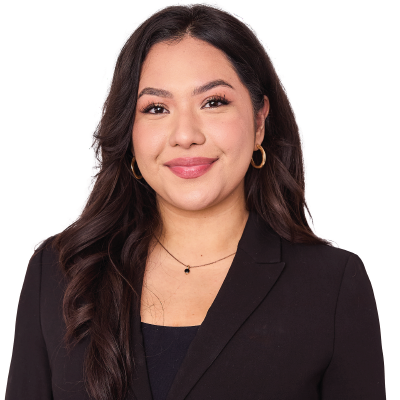
Shannen Gillick
Client Services Specialist
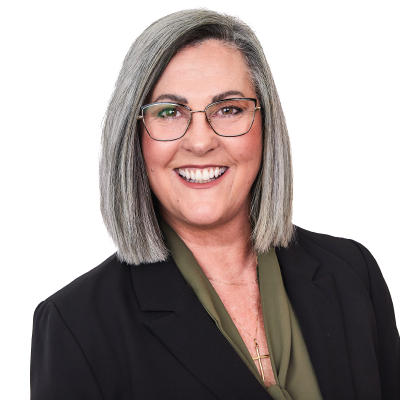
Robynn Gonzales
Client Relations Specialist

Esteban Gonzalez
Client Services Support
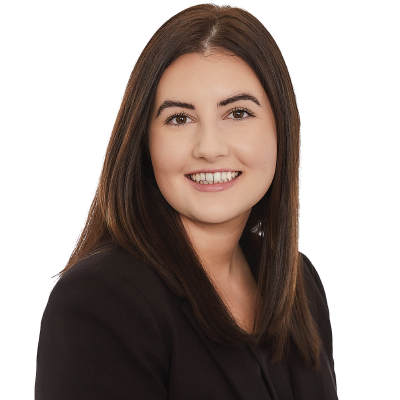
Jade Hafner
Project Assistant

Justin Hall
Portfolio Administrator

William Hay
Senior Client Services Specialist
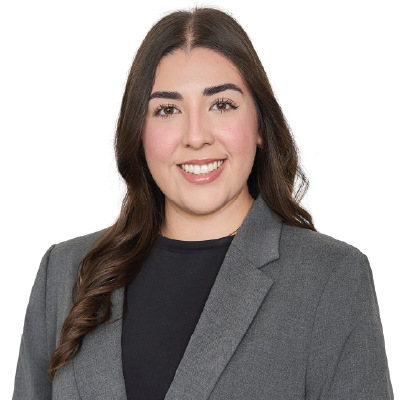
Naomy Hernandez
Client Services Specialist
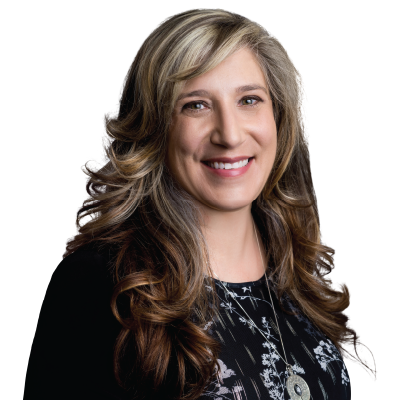
Gina Hornbogen
Operations Specialist

Haley Horner
Portfolio Analyst

Gabrielle Hottinger
Client Relations Specialist
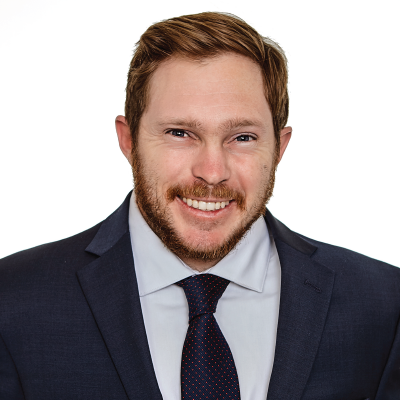
Wade Houldin
Billing and Data Manager

Lori Iwaniszyn
Client Services Support & Event Coordinator
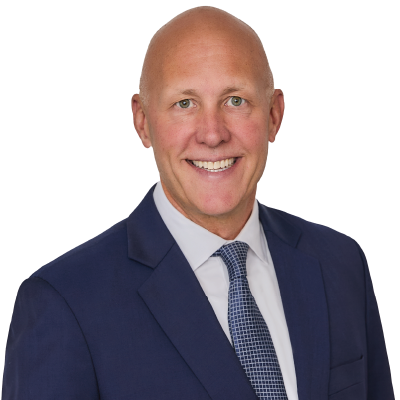
Stuart Johnson
Financial Planning Strategist

Jennifer Kaeter
Director of Client Services

Yohannes Kalonji
Client Services Manager

Anthony Kolb
Financial Planning Administrative Support

Diah Lambert
Client Relations Specialist

Michele Lantvit
Accounting & Payroll Specialist

Chittaphone Lasaath
Client Services & Acquisition Specialist

Andi Last
Media Manager

Katie Leszczynski
Client Services Specialist

Andrea Lewis
Client Relations Specialist
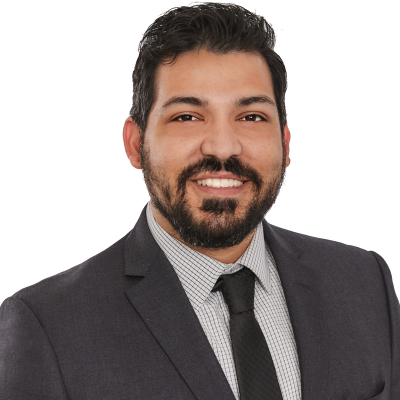
Rick Loera
New Business Development
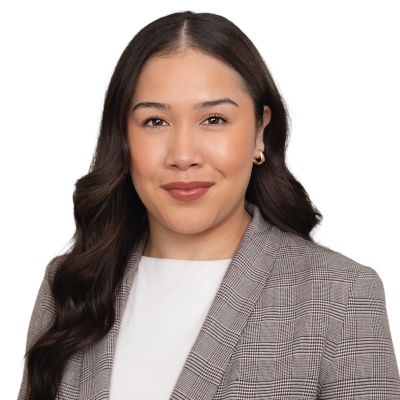
Natalia Lopez
Client Services Support & Client Relations

Jean Lyon
Client Services Specialist
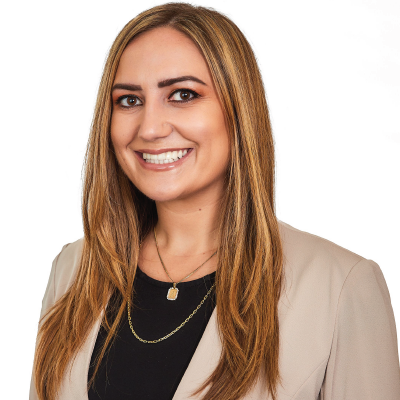
Alyssa Madruga
Marketing Manager

Brittany Maples
Marketing Coordinator

Cindy Mariscal
Client Services Specialist

Brad Martinson
New Business Development

Makayla Marx
Client Services Specialist
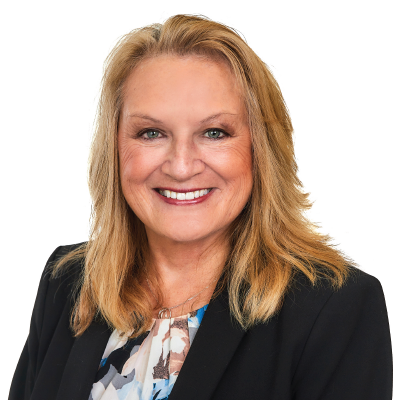
Wendy Miller
Director of Client Relations

Danny Moy
Information Technology Support Specialist
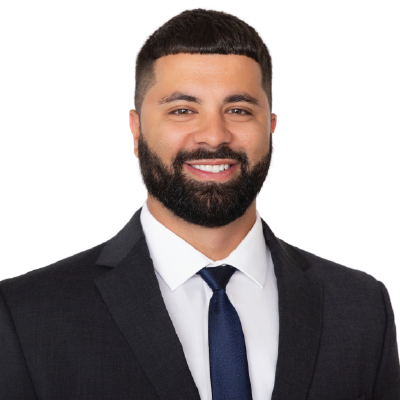
Nolan Musga
Client Services Specialist

Johnny Nguyen
Tax Planner

Heidi Orth
Client Services Specialist

Mike Paulson
Systems Architect

Kaleo Perez
Senior Client Services Specialist

Brandon Rangel
Portfolio Administrator
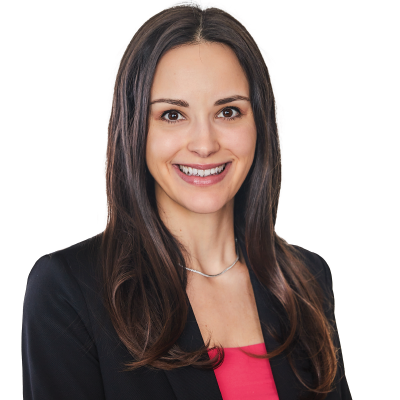
Nikki Read
Client Services Specialist

Phyllis Reber
Client Relations Specialist

Robert Rodgers
New Business Development & Educational Department

Katie Rodriguez
Client Services Specialist
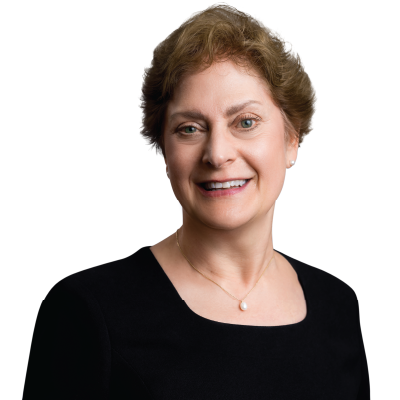
Barb Schrage
Client Services Specialist

Paige Sears
Client Services Specialist

Pavel Shemyakin
New Business Development

Joshua Stretch
Client Services Support

Aiden Strunk
Portfolio Administrator

Sandy Sullivan
Director of Human Resources

Rachel Tiffer
Client Services Lead
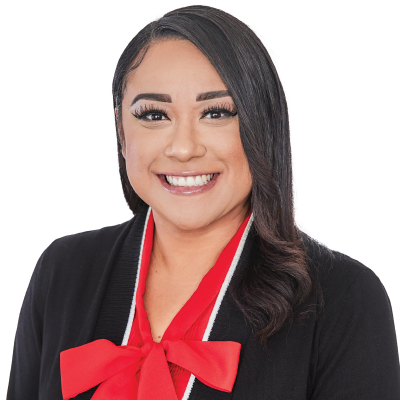
Clarissa Torres
Client Services Specialist
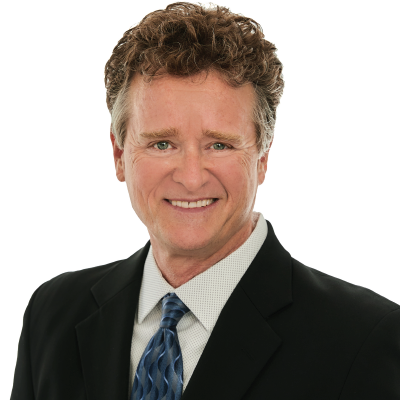
Aaron Townsend
Media Producer
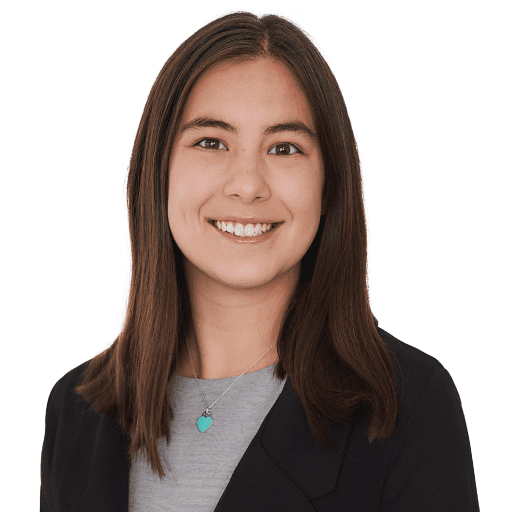
Ailea Tvedt
Client Relations Specialist

Alex Urias
Client Services Support

Prathik Vemulapalli
Salesforce Administrator

Aaron Wong
Client Services Specialist

Chris Yaros
Senior Director of Operations

Jennifer Yau
Client Services Specialist

Jon Zimmerly
Integration Manager
A Word About Designations
Accredited Asset Management Specialist℠, AAMS®
Individuals who hold the Accredited Asset Management Specialist℠ or AAMS® designation have completed a course of study encompassing investments, insurance, tax, retirement, and estate planning issues. Additionally, individuals must pass an end-of-course examination that tests their ability to synthesize complex concepts and apply theoretical concepts to real-life situations. All designees have agreed to adhere to Standards of Professional Conduct and are subject to a disciplinary process. Designees renew their designation every two years by completing 16 hours of continuing education, reaffirming adherence to the Standards of Professional Conduct, and complying with self-disclosure requirements.
Accredited Financial Counselor®, AFC®
Individuals who hold the Accredited Financial Counselor® designation can educate clients on financial principals, assist clients with paying off debt and help identify and improve money management habits. All designees must complete coursework from a regionally accredited college or university in the United States in Personal Finance, Financial Planning, Financial Counseling, Consumer Sciences, or equivalent. The designee must also pass the AFC exam and meet the Association for Financial Counseling and Planning Education (AFCPE) experience guidelines, which are to complete at least 1,000 hours of financial counseling and submit three reference letters. Designees renew their designation every three years by completing 30 hours of continuing education.
Accredited Investment Fiduciary, AIF®
The AIF® designation, administered by the Center for Fiduciary Studies fi360, certifies that the recipient has specialized knowledge of fiduciary standards of care and their application to the investment management process. To receive the AIF Designation, the individual must meet prerequisite criteria based on a combination of education, relevant industry experience, and/or ongoing professional development, complete a training program, successfully pass a comprehensive, closed-book final examination under the supervision of a proctor and agree to abide by the Code of Ethics and Conduct Standards. Six hours of continuing education is required annually to maintain the designation.
Accredited Portfolio Management Advisor℠, APMA®
The Accredited Portfolio Management Advisor℠ or APMA® Program is a professional designation program for financial professionals. The program is designed to educate advisors on portfolio creation, augmentation, and maintenance. Topics covered include client assessment and suitability, risk/return, investment objectives, bond and equity portfolios, modern portfolio theory, investor psychology, and other topics germane to building appropriate client portfolios. Students gain hands-on practice in analyzing investment policy statements, building portfolios, and making asset allocation decisions, to include determining sell, hold, and buy decisions within a client’s portfolio. Individuals must take a two-part self-study course and pass an exam, to maintain this designation, individuals must complete 16 hours of continuing education every 2 years.
Certified Exit Planning Advisor, CEPA®
Individuals who hold the Certified Exit Planning Advisor or CEPA® designation must have five years of full-time or equivalent experience working directly with business owners as a financial advisor, attorney, CPA, business broker, investment banker, commercial lender, estate planner, insurance professional, business consultant or in a related capacity. They hold an undergraduate degree from a qualifying institution or additional professional work experience (two years of relevant professional experience may be substituted for each year of required undergraduate studies). Individuals complete a five-day course and pass an exam showing an understanding in assisting business owners with growth and eventually an exit strategy by combining business goals with financial goals. All designees must be an Exit Planning Institute member in good standing and complete 40 hours of continuing education every three years.
CERTIFIED FINANCIAL PLANNER® certification, CFP® certification
To use the CFP® certification marks, the financial planner must successfully complete the CFP Board’s comprehensive examination which tests his or her knowledge on a number of key financial planning topics. The applicant must also have three to five years of related experience, voluntarily ascribe to the board’s code of ethics, and complete 30 hours of continuing education every two years pertaining to such relevant topics as estate and retirement planning, investment management, tax planning, and insurance.
Certified Financial Planner Board of Standards Center for Financial Planning, Inc. owns and licenses the certification marks CFP®, CERTIFIED FINANCIAL PLANNER®, and CFP® (with plaque design) in the United States to Certified Financial Planner Board of Standards, Inc., which authorizes individuals who successfully complete the organization’s initial and ongoing certification requirements to use the certification marks.
Certified Investment Management Analyst®, CIMA®
The Certified Investment Management Analyst® is granted by the Investments & Wealth Institute. To attain this designation, an individual must have at least 3 years of financial experience, pass two comprehensive background checks, complete education courses, and pass an examination. Each CIMA® must complete a minimum of 40 hours of continuing education every two years and adhere to Investment & Wealth Institute Code of Professional Responsibility.
Certificate in Investment Performance Measurement, CIPM®
The Certificate in Investment Performance Measurement CFA Institute. To attain this certificate, an individual must first be a CFA Charterholder, have successfully completed the Level III CFA Exam, or pass the Level I CIPM Exam. Then, as a regular member of the CFA Institute, an individual must pass the Level II CIPM exam. Each CIPM® must complete a minimum of 15 Mandatory Professional Learning (MPL) credits each year.
Certified Public Accountant, CPA
Certified Public Accountant is a license set by the American Institute of Certified Public Accountants and administered by the National Association of State Boards of Accountancy. Eligibility to sit for the Uniform CPA Exam is determined by individual State Boards of Accountancy. Typically, the requirement is a U.S. bachelor’s degree which includes a minimum number of qualifying credit hours in accounting and business administration with an additional one-year study. All CPA candidates must pass the Uniform CPA Examination to qualify for a CPA certificate and license (i.e., permit to practice) to practice public accounting. CPAs are required to take continuing education courses to renew their license, and most states require CPAs to complete an ethics course during every renewal period.
Chartered Advisor of Philanthropy®, CAP®
Individuals must have three years, full-time, of relevant business experience. They must then successfully complete three required courses through the American College of Financial Services and agree to comply with their Code of Ethics and Procedures. The Professional Recertification Program to maintain this designation must be completed every two years by meeting their continuing education requirement of 30 credit hours and recommitting to the college’s code of ethics.
Chartered Financial Analyst®, CFA
Chartered Financial Analyst® designation was first introduced in 1963. The CFA Program contains three levels of curriculum, each with its own 6-hour exam. Candidates must meet enrollment requirements, self-attest to professional conduct, complete the approx. 900 hours of self-study, and successfully pass all three levels to use the designation.
The program curriculum increases in complexity as you move through the three levels:
- Level I: Focuses on a basic knowledge of the ten topic areas and simple analysis using investment tools
- Level II: Emphasizes the application of investment tools and concepts with a focus on the valuation of all types of assets
- Level III: Focuses on synthesizing all of the concepts and analytical methods in a variety of applications for effective portfolio management and wealth planning
CFA Institute does not endorse, promote, or warrant the accuracy or quality of Pure Financial Advisors. CFA® and Chartered Financial Analyst® are registered trademarks owned by CFA Institute.
Chartered Financial Consultant®, ChFC®
The Chartered Financial Consultant® educational program includes nine or more college-level courses on all aspects of financial planning from The American College, a non-profit educator with the highest level of academic accreditation. The average study time is 400 hours and advisors often spend years earning this coveted distinction. Each ChFC® must also complete a minimum of 30 hours of continuing education every two years, adhere to strict ethical standards, and meet extensive experience requirements to ensure that the client gets the professional financial advice he or she needs.
Chartered Life Underwriter®, CLU®
The CLU® is granted by the American College of Financial Services. To attain this designation, an individual must complete eight self-paced courses, meet experience requirements, ethics standards, and complete 30 hours of continuing education credits every two years. Certification gives advisors an in-depth knowledge of life insurance underwriting concepts, life insurance law within the context of overall risk management, and necessary knowledge to help clients address their estate planning needs.
Chartered Retirement Planning Counselor℠, CRPC®
The CRPC® program is awarded by the College of Financial Planning to those who pass an examination. The CRPC® was developed with a focus on client-centered problem-solving. Applicants gain knowledge of individuals’ needs both before and after retirement. The study program covers the entire retirement planning process, including meeting multiple financial objectives, sources of retirement income, personal savings, employer-sponsored retirement plans, income taxes, retirement cash flow, asset management, estate planning, and more. Every two years 16 hours of continuing education is required to maintain the designation.
Doctor of Philosophy, PhD
A PhD is the highest academic degree awarded for original and significant research in a specific field. It involves coursework, comprehensive exams, and the completion of a thesis or dissertation in their chosen field. Most programs encompass coursework, comprehensive exams, research, and dissertation writing. Admission requirements usually include a relevant master’s degree, letters of recommendation, and a compelling research proposal.
Enrolled Agent, EA
Enrolled agent status is the highest credential the IRS awards. An enrolled agent is a person who has earned the privilege of representing taxpayers before the Internal Revenue Service by either passing a comprehensive IRS exam covering individual and business tax returns, or through experience as a former IRS employee. Individuals who obtain this status must adhere to ethical standards and complete 72 hours of continuing education courses every three years.
Esquire, Esq.
Esquire (Esq.) is an honorary title that is placed after a practicing lawyer’s name. Practicing lawyers are those who have passed a state’s (or Washington, D.C.’s) bar exam and have been licensed by that jurisdiction’s bar association.
Investment Advisor Certified Compliance Professional®, IACCP®
The IACCP program, developed by NRS and co-sponsored with the Investment Adviser Association (IAA), is designed to help compliance professionals increase their knowledge of the Investment Advisers Act of 1940 and help ensure the ongoing success of their firms’ compliance programs. Earning the IACCP designation helps firms demonstrate to clients and the SEC that they proactively support an educated staff and a culture of compliance. The IACCP® is awarded to individuals who complete a program of 22-hour courses, pass a certifying examination, meet work experience, ethics, and annual continuing education requirements. To maintain certification, individuals are required to complete 12 continuing education credits each year, 2 of which must be an approved ethics program.
Juris Doctor, JD
The Juris Doctor (JD) degree is usually required to practice law in the United States. It is considered the first degree in law and is required for eligibility to sit for the bar examination. Gaining admission to the bar means obtaining a license to practice law in a particular state or in federal court. The specific requirements for a JD vary from school to school. Generally, the requirements include completing a minimum number of class hours each academic period, and taking certain mandatory courses such as contracts, torts, civil procedure and criminal law in the first year of law school. All states require that students pass a course on professional responsibility before receiving a JD degree.
Master of Business Administration, MBA
The Master of Business Administration (MBA) is a postgraduate degree that is awarded to students who have mastered the study of business. Most MBA programs include a “core” curriculum of subjects, such as accounting, economics, marketing, and operations, as well as elective courses that allow participants to follow their own personal or professional interests.
Master of Liberal Arts, ALM
The Master of Liberal Arts degree is earned after successfully completing a bachelor’s degree from an accredited institution. It is an interdisciplinary program to pursue further study in an area of specialization (i.e. finance). The typical length of time to complete the program is 1 to 2 years for full-time students.
Master of Public Health, MPH
The Master of Public Health (MPH) is a postgraduate degree that is awarded to students who have trained to become public health practitioners to work in government, non-profits, or in industry work with communities, implement and evaluate public health programs, and/or help raise public awareness of best health practices. Most programs focus on 5 core areas: Biostatistics, Epidemiology, Environmental Health, Health Policy, and Health Administration, and Social and Behavioral sciences.
Master of Science in Business Administration, MSBA
The Master of Science in Business Administration (MSBA) degree is earned after successfully completing a bachelor’s degree from an accredited institution. A person holding this degree has pursued further study in an area of specialization (i.e. financial and tax planning). The typical length of time to complete the program is 1 to 2 years for full-time students.
Master Planner Advanced Studies, MPAS®
Master Planner Advanced Studies (MPAS®) is a unique designation available only to graduates of the College for Financial Planning’s Master of Science Degree Program in Personal Financial Planning. Individuals can apply for this designation upon graduating and must complete 40 hours of continuing education every two years to maintain it.
Salesforce Certified, Salesforce Certified
A Salesforce Developer uses programmatic and declarative skills to extend and customize applications on the Lightning platform. The Salesforce Platform Developer I credential is designed for those who have the skills and experience to build custom declarative and programmatic applications on the Salesforce Platform.
